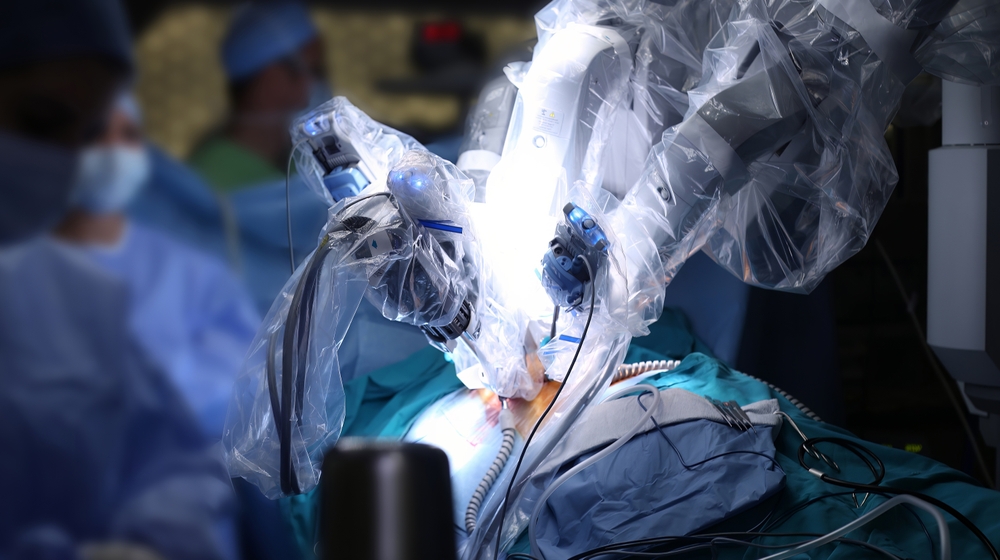Dysphagia: Causes, Symptoms & Treatment Options for Difficulty Swallowing
Ingestion meaning it is a crucial act in consuming nourishment, imbibing liquids, and even articulating words. Alas, what transpires when deglutition becomes arduous? Dysphagia is a malady afflicting myriads of individuals globally. This composition delves into the etiologies, manifestations, and remedial avenues for Dysphagia.
A plethora of individuals undergo the tribulations of intricate swallowing, termed Dysphagia in the medical realm. Understanding its genesis, discerning its tell-tale signs, and scrutinizing potential therapeutic courses can facilitate alleviation for those grappling with the ailment.
What is Dysphagia?
Dysphagia, meaning a medical affliction marked by impeded deglutition, manifests when sustenance or fluids become lodged within the throat or esophagus, complicating the act of swallowing. The condition impacts individuals across all age groups, albeit with greater prevalence amongst elderly individuals and those contending with specific medical circumstances.
A myriad of factors may precipitate Dysphagia, encompassing neurological maladies, muscular debility, anatomical irregularities, and particular pharmaceuticals. It is paramount to seek medical counsel if confronted with swallowing difficulties, as timely diagnosis and intervention can bolster one's quality of life and forestall potential complications.
Types of Dysphagia
There are two main types of Dysphagia:
1. Oropharyngeal Dysphagia
Oropharyngeal Dysphagia denotes complications with the musculature and neural systems governing the oral and pharyngeal regions. This may culminate in impediments to chewing, swallowing, and transporting nourishment or liquids from the oral cavity to the throat.
Typical etiologies of oropharyngeal dysphagia encompass neurological maladies such as Parkinson's disease, multiple sclerosis, or cerebrovascular accidents; cranial or cervical trauma; specific medications influencing muscular functionality; or neoplasms in the head, neck, or throat regions.
Manifestations of oropharyngeal dysphagia may comprise coughing or asphyxiation whilst consuming food or beverages, challenges initiating deglutition, sensations of blockage in the throat or chest, or the ejection of food or fluids.
2. Esophageal Dysphagia
Esophageal Dysphagia transpires when complications arise within the esophagus, the conduit connecting the pharynx to the stomach. This may culminate in hindered deglutition of solid edibles or liquids, accompanied by sensations of blockage in the chest or throat.
Prevalent causative factors of esophageal dysphagia encompass conditions that constrict or obstruct the esophagus, such as gastroesophageal reflux disease (GERD), esophageal strictures or rings, or neoplasms. Additional etiologies may include achalasia (a disorder wherein esophageal musculature fails to relax aptly), scleroderma (a connective tissue malady), or particular pharmaceuticals influencing esophageal functionality.
Indications of esophageal dysphagia may encompass sensations of edibles lodging in the chest or throat, experiencing thoracic discomfort or pain during swallowing, regurgitating foodstuffs, or liquids, or enduring pyrosis.
Causes of Dysphagia
There are many different causes of Dysphagia, including:
1. Neurological Disorders
Dysphagia may stem from an array of neurological afflictions impacting the nerves and musculature implicated in deglutition. Exemplary conditions encompass cerebrovascular accidents, Parkinson's disease, and multiple sclerosis.
2. Structural Problems
Anatomical impediments within the oral cavity, pharynx, or esophagus may precipitate Dysphagia. Such complications can arise from conditions like a constricted esophagus, neoplasms, or fibrous tissue formations.
3. Medications and Medical Treatments
Specific pharmaceuticals and medical interventions may also engender Dysphagia. For instance, radiotherapy targeting the cranial and cervical regions can inflict harm upon the musculature and neural structures implicated in deglutition.
4. Gastroesophageal reflux disease (GERD)
In instances where gastric acid refluxes into the esophagus, ensuing irritation and inflammation can adversely impact the act of swallowing.
5. Radiation therapy
Radiotherapy targeting the cranial and cervical areas may inflict harm upon the musculature responsible for deglutition.
6. Infections
Particular infections, like candidiasis or pneumonia, may induce pharyngeal inflammation, consequently impeding the act of swallowing.
7. Aging and Other Factors
Dysphagia exhibits increased prevalence amongst the elderly, attributable to diverse age-associated alterations. Additional factors inciting Dysphagia encompass smoking, alcohol consumption, and specific medical conditions such as GERD (gastroesophageal reflux disease).
It is crucial to acknowledge that Dysphagia may result from a confluence of these factors or from an unidentified cause. If confronted with deglutition difficulties, seeking medical counsel for accurate diagnosis and a tailored treatment strategy is essential.
Symptoms of Dysphagia
- Difficulty swallowing: This constitutes the most prevalent manifestation of Dysphagia. You may experience sensations of edibles or fluids lodging in your pharynx or thoracic region, or you might necessitate multiple swallowing attempts to facilitate the passage of sustenance or beverages.
- Painful swallowing: Dysphagia may instigate pain or unease during the act of deglutition.
- Regurgitation: Post-swallowing, edibles or fluids may regurgitate into the oral cavity or pharynx.
- Drooling: Dysphagia may precipitate an overabundance of salivary secretions within the oral cavity, culminating in sialorrhea.
- Weight loss: Should Dysphagia render eating arduous, weight loss or malnourishment may ensue.
- Coughing or choking: Dysphagia may incite coughing or asphyxiation during deglutition, posing peril if nourishment or fluids infiltrate the respiratory tract.
- Hoarseness: Dysphagia may provoke irritation to the vocal folds, resulting in aural hoarseness or alterations in vocal timbre.
In the event of encountering any of these symptoms, seeking medical counsel for accurate diagnosis and a tailored therapeutic strategy is imperative.
Diagnosis and Treatment of Dysphagia
Should you confront deglutition challenges, your physician might advocate an assortment of examinations to ascertain the etiology of your Dysphagia. These may encompass a barium swallow assessment, endoscopic evaluation, or alternative imaging diagnostics.
Diagnosis of Dysphagia
If you are experiencing difficulty swallowing, your doctor may perform one or more of the following tests to diagnose dysphagia:
- Barium swallow test: You will ingest a fluid imbued with barium, rendering it visible on radiographic imaging and enabling your medical practitioner to scrutinize the musculature implicated in deglutition.
- Endoscopy: Your physician will employ a slender, pliable conduit equipped with an optical device at its terminus to examine the interior of your pharynx and esophagus.
- Manometry: A svelte, pliable conduit is introduced into the pharynx to gauge the pressure exerted by the musculature engaged in the act of deglutition.
- Oesophageal pH monitoring: A slender, pliant conduit is inserted into the pharynx to quantify the concentration of acid present in the esophagus.
Treatment of Dysphagia
The treatment of dysphagia depends on the underlying cause and severity of the condition. Here are some common treatments:
- Speech therapy: A speech pathologist can instruct exercises aimed at fortifying the musculature implicated in deglutition and thereby augment coordination.
- Dietary changes: Your physician may suggest adjusting the consistency or viscosity of your victuals to facilitate ingestion.
- Medications: Pharmacological remedies may be proscribed to alleviate irritation, address GERD, or enhance muscular synchronization.
- Surgery: Under certain circumstances, surgical intervention may be imperative to rectify anatomic aberrations or extract neoplasms.
- Feeding tubes: Should dysphagia impede ingestion or libation; a nasogastric tube may be required to furnish sustenance.
Your doctor will work with you to determine the best treatment plan for your needs.






